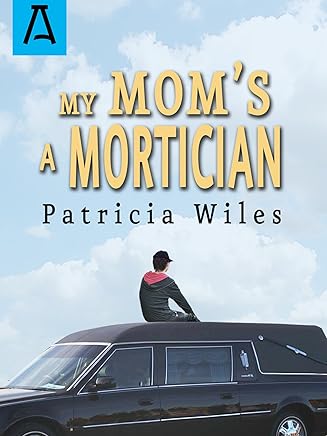Unplanned by Abby Johnson
There was a time in our lives when, spotting a protest outside a Planned Parenthood building, my spouse and I would make a point of crossing that line to go inside and express our support of the organization. If challenged by the protestors, we might tell them, "You just got Planned Parenthood a donation."Then came the surprising revelation from a college friend, still single decades later, that she had obtained an abortion for herself just after graduation, and it had "ruined her love life." She confessed that every time she got into a serious relationship, the thought of that murdered motherhood (her words) eventually ate away at her.
Our friend's story might have been anecdotal, but the phrase, "murdered motherhood," began to resonate. It sprang to mind during the "partial-birth abortion ban" discussion, when pro-life advocates framed the argument "as one in which a partially-born infant's life is disposable, whereas pulling the infant only a few more inches down the birth canal automatically transforms it into 'a living person, possessing rights and deserving of protection'." In the end, the Supreme Court decision in Gonzales v. Carhart simply "criminalized such a procedure only if an 'overt' fatal act is performed on the fetus after 'partial delivery'," leaving Planned Parenthood (and other abortion providers) free to kill the late-term infant in the womb before extracting it.
I remembered it when the videos of Planned Parenthood staffers negotiating for the sale of aborted fetal tissue emerged a few years ago. The material they were trying to sell was surely just surrendered tissue, voluntarily given up by the nascent mothers, whether in the first trimester or later in the infant's development. Still, I began to be uncomfortable with the idea that a human body, potentially capable of surviving outside the womb, was for sale after its killing by the agents of its death. And further, that the original agent of its life could legally choose to surrender that life, thus murdering motherhood.
In the midst of the latest arguments for "full birth abortion," notably in the debate for relaxing Virginia's abortion restrictions (“In just a few years pro-abortion zealots went from ‘safe, legal, and rare’ to ‘keep the newborns comfortable while the doctor debates infanticide,” said one Republican senator), I began reading Unplanned. The author of this book had been a Planned Parenthood clinic director in the years when its mission was precisely that, to make abortion safe, legal, and above all, rare.
Johnson details how, despite the concerns of her parents, her pro-life husband, her church, and her own experience of abortion, she continued to believe in that mission. It was not until she was faced with the reality of the abortion procedure, at the same time being pressured to increase the number of abortions at her clinic to boost revenue, that she switched sides.
Unplanned is not dramatic in the sense of a theater production, but more in the sense of a pregnancy, undergoing various medical and emotional threats, finally culminating in a live birth and the welcoming of a new human into the world of life.
Welcome, Abby Johnson.


